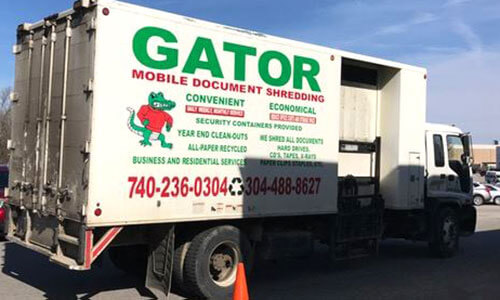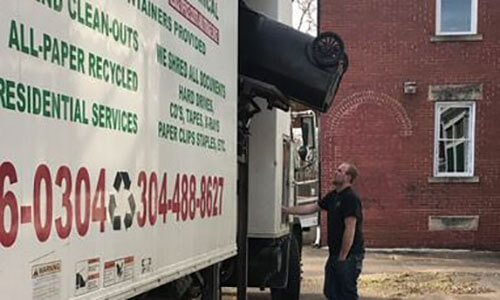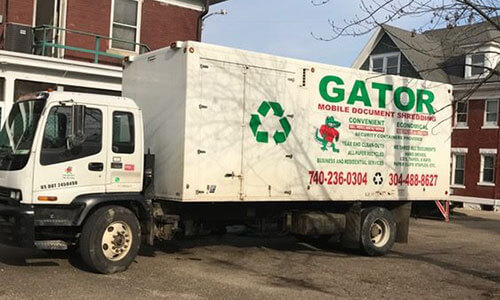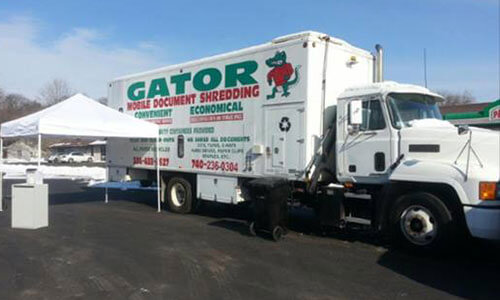
Gator Shredding’s E-Cycling Services are a safe and responsible way to dispose of old electronic devices.
E-CYCLING
Gator Shredding is proud to offer e-cycling as part of our disposal services.
What is E-Cycling?
E-cycling refers to the responsible recycling of electronic devices, such as computers, charging cords, smartphones, printers, and sound systems.
Why is E-Cycling Important?
Technology is an active part of how we live and work in the 21st century. We have devices that can monitor our heartbeats, alert us of a meeting in fifteen minutes, call someone on another continent, change the color of our living room lamp, and make coffee with a text. However, as impressive as these devices are, society is surprisingly cavalier about throwing them away, especially when presented with a new model or alternative.
In the United States, the average person will replace their electronics once every 2-4 years. So where do these old electronics go? In 2016, the UN reported that 80% of e-waste went straight to the landfill. This is understandably bad for the environment, but it’s worse than you might think.
Electronics contain many different components. Some of these, like gold and palladium, are precious metals and can be recovered from recycled e-waste for a fraction of the cost to mine them from the earth. Others, like lead and mercury, are toxic to both people and the environment and need to be safely removed.
E-cycling helps conserve the planet’s finite resources while simultaneously reducing public health risks.
How E-Cycling Compliments Your Shredding
When it’s time to take a computer or mobile phone out of use, you’ll likely need to address the hard drive or internal storage system. Even if you erase the digital files, they can still be recovered. The only way to guarantee that they’re gone for good is through physical destruction.
If you’ve requested a hard drive shredding service, e-cycling is the perfect compliment. Instead of turning over just the hard drive, allow Gator Shredding to take care of the entire electronic device. We’ll remove and destroy any internal storage, including floppy discs and SD drives, then recycle the rest of the device in a safe and responsible way.
We make sure that not a single scrap of e-waste ends up in landfills. After hard drives have been crushed and pulverized, we sort the remaining particles into raw materials, which can then be used to create new products.
The E-Cycling Process
- E-waste is first sorted according to device type and sent to a designated recycling center. Illegal exportation of recycled materials is a concern in the industry, which is why we take special care to ensure that each piece of e-waste we collect is sorted and processed here in the United States.
- After arrival, each device is broken down by hand into its different larger components.
- From these components, workers retrieve raw materials like glass, gold, and silver. Hazardous materials, like mercury, are carefully removed and separated for proper disposal.
- The cleaned pieces are put through a shredder to create particles of a more uniform size, which are easier to sort into material categories like plastic, steel, and aluminum.
- The particles are sent back to manufacturers as raw materials, where they can be reused for future product production.
Items Accepted for E-Cycling:
- Batteries (No Alkaline)
- Cable
- CD’S
- Cell Phones
- Circuit Boards
- Computers
- Consumer Electronics
- Light Bulbs and Fluorescent Light Bulbs Small
- Game Consoles
- Ink and Toner Cartridges
- IT Equipment
- Keyboards
- Laptops
- Mice
- Modems
- Monitors
- MP3 Players
- Phone Systems
- Printers
- Routers
- Satellite Boxes
- Servers
- Small Household Equipment
- Speakers
- Switches
- Telecom Equipment
- Televisions
- UPS Units
- Video Games
- Wire
Call or message us online for pricing, appointments or pick-up.
We are committed to protecting the environment
All shredded material is taken to our secure facility where it is baled and sent to the paper mill to be recycled into items such as paper towels, toilet paper and/or napkins. Recycling paper saves trees, conserves water and reduces the amount of waste going to landfills.
